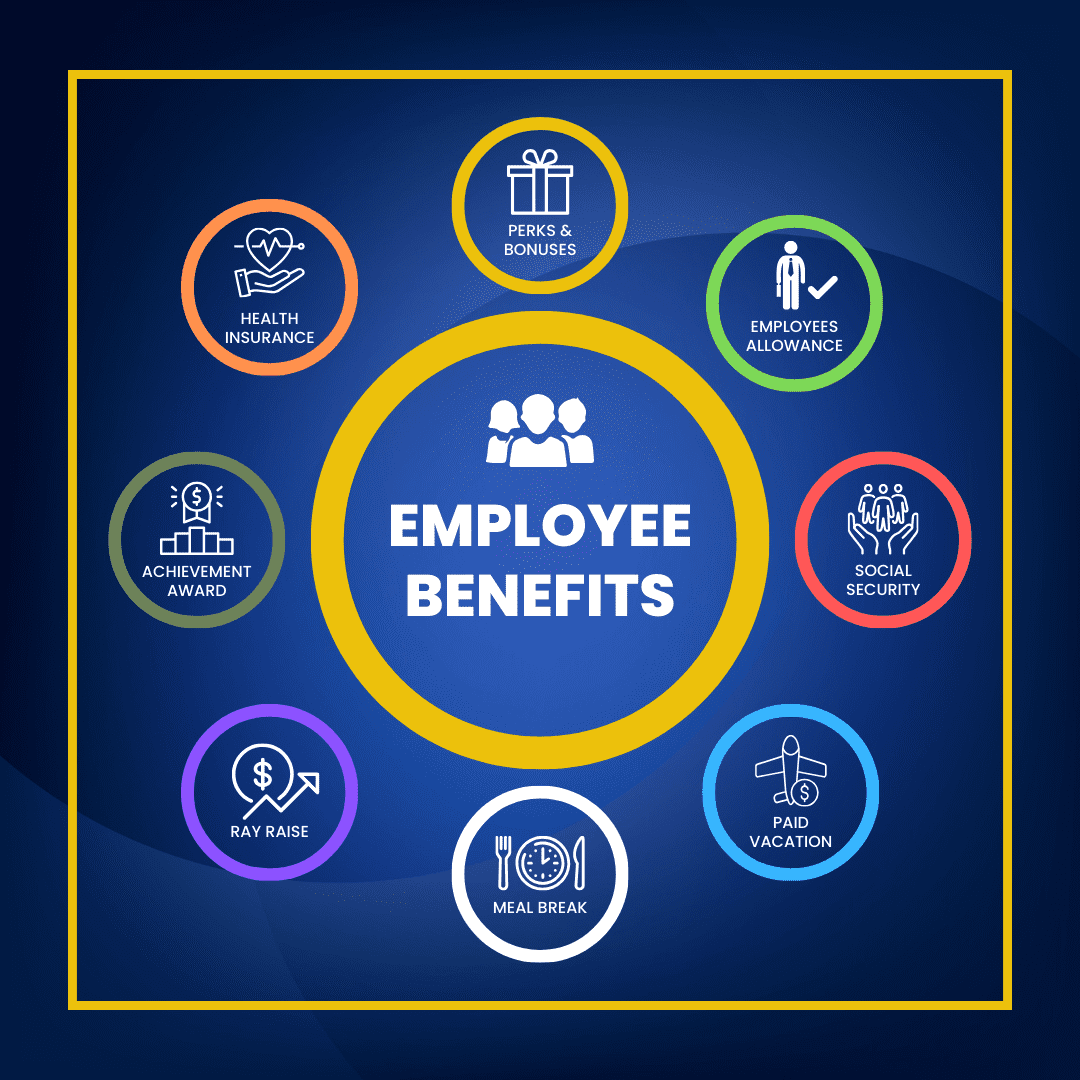
As we enter 2024, employers face a shifting employee benefits landscape influenced by rising costs, evolving regulations, talent shortages, and changing employee expectations. Organizations must adapt quickly to these trends through strategic planning and cost-effective solutions to remain competitive. Here are some of the key challenges and opportunities employers should prepare for:
Reining in Skyrocketing Health Care Costs
Healthcare costs are projected to increase 6-8.5% in 2024 – the most significant uptick over a decade. Drivers include:
- Rising prices for prescription drugs and gene/cell therapies.
- Increased demand for weight loss treatments.
- More late-stage cancer diagnoses due to pandemic-related screening delays.
As costs climb, employers are pressured to keep benefits affordable amid inflation and labor shortages. Strategies may include:
- Plan design changes.
- Transparent PBM partnerships to control specialty drug costs.
- Expanded access to mental health support.
- Benefits education to encourage smart healthcare consumerism.
Adapting to Expanding Leave Mandates
In 2023, paid sick and family/medical leave gained momentum at the state level. This trend will likely continue in 2024 as more jurisdictions enact paid leave laws. Employers must closely track compliance obligations based on locations of operation. While meeting mandates is critical, voluntarily offering paid leave can boost attraction and retention. The benefit demonstrates investment in employee wellbeing and work-life balance.
Leveraging Voluntary Benefits
With limited budgets for pay raises in 2024, employers can still expand offerings through voluntary benefits – employee-paid add-ons like dental or vision plans. These personalized perks are popular across generations. Voluntary benefits support financial wellness through options like hospital indemnity or pet insurance. Employers should survey workers to identify offerings that best fit workplace demographics and culture.
Prioritizing Holistic Wellbeing
The pandemic exacerbated many workers’ financial stress and mental health issues. These challenges often negatively impact productivity and performance. In 2024, employers will focus more on financial education and cognitive/behavioral health access to support employees as whole people. A holistic emphasis on wellbeing can aid attraction, retention, and engagement.
While 2023 brought familiar trials for HR executives, proactive planning, cost analysis, and tailored benefits strategies based on data insights can position organizations for a successful 2024. Reach out to Watkins Insurance Group to discuss the latest trends and how to support your evolving workforce best.







